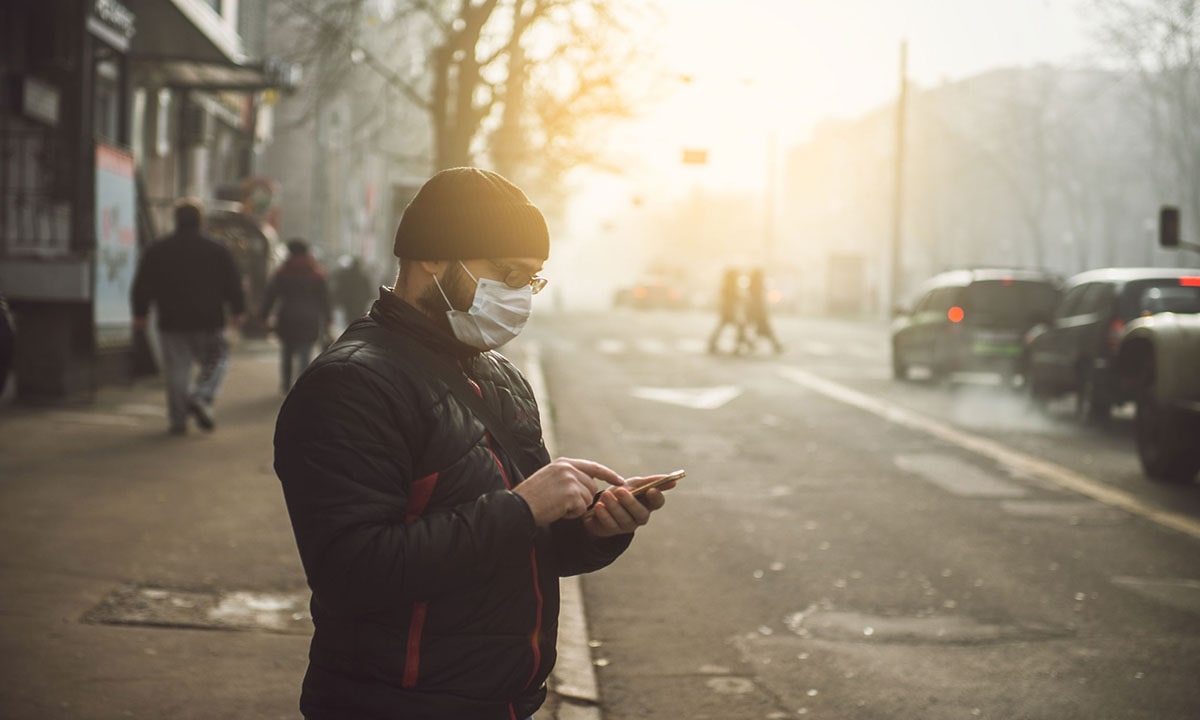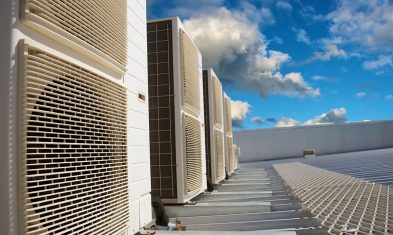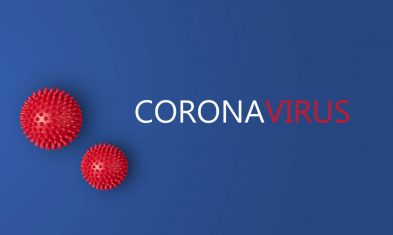Coronavirus is causing unrest in our everyday lives, as well as turmoil in the political and economic environment. As a mechanical service professional, you’re at the front lines when it comes to educating your clients and advising them on preventative measures. Much like the SARS outbreak in 2003, Coronavirus is airborne and heightens the risk of widespread contamination. Although current technologies can help prevent the risk, mechanical services alone cannot entirely prevent the virus.
Before we get into the topic, let’s establish some background information on what exactly coronavirus is.
What is Coronavirus (COVID-19)?
The virus is called “SARS-CoV-2”, and the disease it causes is named “coronavirus disease 2019” (COVID-19). The SARS-CoV-2 virus is a betacoronavirus, along with MERS-CoV and SARS-CoV, which all have their origins in bats. The virus is commons in humans, and many different animals, such as camels, cattle, cats, and more.
The appearance in humans suggests that the virus came from an animal reservoir. Many of the patients at the center of the outbreak in Wuhan, Hubei Province, China, had some exposure to a large seafood and live animal market, which suggests an animal-to-person contact.
Transmission
Airborne transmission plays a huge role in the spread of the virus. William P. Bahnfleth, a professor and director of the Indoor Environment Center at Penn State University, reported that “The current consensus is that it’s predominantly large droplet transfer.” This means that droplets that do not stay airborne are spread through coughing and sneezing. According to the CDC, the range is about six feet. Also, a person can also get the virus by touching a surface or object with the virus on it and then touching their mouth, nose, or eyes.
In regards to the mechanical services industry, airborne transmission becomes a considerable problem. If the infectious air particles stay aloft for long enough, they could go through a duct of an HVAC system and infect someone else. Due to this, controlling airborne pathogens alone will not eliminate the entire risk it poses.
Prevention
According to a recently published position document by ASHRAE (American Society of Heating, Refrigerating, and Air-Conditioning Engineers), these are two proven methods of controlling airborne pathogens: particle filtration/ventilation, and ultraviolet radiation.
Since small particles can remain airborne, the operation of HVAC systems can affect virus transmission in many ways, such as:
- Providing clean air to occupants
- Preventing the exposure to contaminated air
- Diluting or filtering the air with cleaner air from the outdoors
- Cleaning the air within the room
Filtration/Ventilation
Ventilation is one of the primary disease control strategies. Any air cleaner that removes particles has the potential to reduce the exposure to coronavirus. However, the issue lies with the size of the virus’ particles. Coronavirus has tiny particles, measuring between .06 and .14 microns in size. HEPA (high-efficiency particulate arrestance) filters that are used in healthcare facilities are 99.97% effective at preventing particles that are as small as 0.3 microns in size.
UV
Coronavirus can stay on surfaces for up to nine days. Upper-air UV-C components can kill the infectious particles in seconds, and kill-ratios can be up to 99.9% at first contact. Surface-cleaning UV-C systems can help HVACR systems destroy bacteria, viruses, and pathogens that settle on air filters, ducts, and drain pans, which can prevent the particles that become airborne.
Other Preventative Measures
Ventilation/filtration and UV can help mechanical service professionals address concerns that their clients may have as the virus continues to spread. An outdoor air system can cut down on contaminated air before it moves indoors. Also, it can prevent the recirculation of air to other spaces. If your clients ask about prevention measures, you could suggest better filters, humidity control, room air cleaners, or home UV products. Clients should also pay attention to their home’s humidity. Viruses are least viable when relative humidity is between 40% and 60%, and during the colder seasons, humidity can drop into the 20s. It’s best to invest in a good quality home humidifier that will keep your humidity within the recommended range.
Service professionals should also advise their clients on proper hygiene. Not touching your face, avoiding shaking hands with people, and washing your hands frequently, for 30 seconds, is just as important to keep yourself and others safe. If soap and water aren’t available, use a hand sanitizer that contains at least 60% alcohol. Also, be sure to clean and disinfect frequently touched surfaces daily with products/solutions with at least 70% alcohol.



